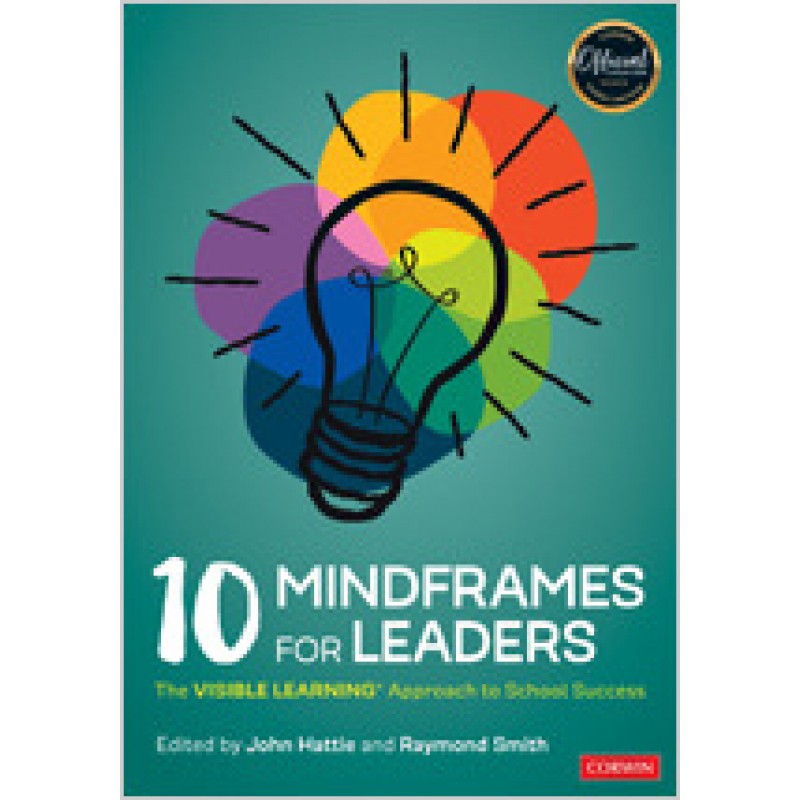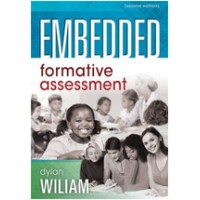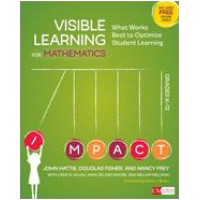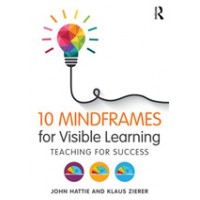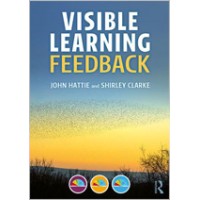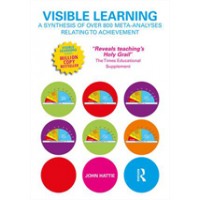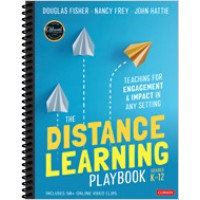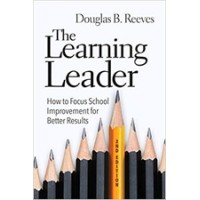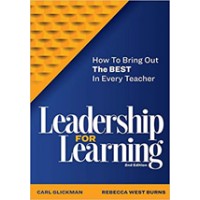10 Mindframes for Leaders: The Visible Learning(r) Approach to School Success, Sep/2020
| Author(s) | John Hattie, Raymond Smith |
| ISBN10 | 1071800132 |
| ISBN13 | 9781071800133 |
| Format | Paperback |
| Pages | 144 |
| Year Publish | 2020 September |
Synopsis
It’s not what you do, it’s how you think about what you do.
Mindframes—your internal set of beliefs about your role as school leader—determine the high-impact leadership practices you choose to implement. In other words, how you think about the impact of the actions you take has more effect on student achievement than your leadership practices themselves.
Building on over twenty-five years of Visible Learning research and girded by a theory of action that ensures school leaders have the expertise to select, implement, and evaluate high impact interventions, 10 Mindframes for Leaders: The VISIBLE LEARNING® Approach to School Success brings the mindframes of ten world-renowned educators to life. Ten chapters, each written by a different thought leader, detail a mindframe at the heart of successful school leadership, along with the high probability influences that make each mindframe visible. A must-have resource for any educator working toward student achievement at ever-higher levels, each chapter includes:
- The most current, up-to-date findings from the Visible Learning research, including the factors from Visible Learning that support each mindframe
- Practical ideas for leaders to implement high-impact strategies in classrooms and schools
- Vignettes, questions, insights, and exercises to help educators clarify and refine their own mindframes
Lead your school to reform from the inside out. Cultivate these ways of thinking, and you’re more likely to have major impacts on the learning lives of those students entrusted to your care.
Includes contributions from… John Hattie, Raymond L. Smith, Janet Clinton, Peter DeWitt, Doug Fisher, Nancy Frey, Dylan Wiliam, Dominique Smith, Jenni Donohoo, Laura Link, Michael Fullan, Sugata Mitra, Zaretta Hammond, and Jim Knight
About the Authors:
John Hattie, Ph.D., is an award-winning education researcher and best-selling author with nearly 30 years of experience examining what works best in student learning and achievement. His research, better known as Visible Learning, is a culmination of nearly 30 years synthesizing more than 1,500 meta-analyses comprising more than 90,000 studies involving over 300 million students around the world. He has presented and keynoted in over 350 international conferences and has received numerous recognitions for his contributions to education. His notable publications include Visible Learning, Visible Learning for Teachers, Visible Learning and the Science of How We Learn, Visible Learning for Mathematics, Grades K-12, and, most recently, 10 Mindframes for Visible Learning.
Dr. Raymond Smith is an Author Consultant with Corwin Press. Prior to joining Corwin Dr. Smith served as adjunct professor at the University of Colorado Denver Health Sciences Center teaching within a principal preparation program and currently works with Florida Atlantic University in their aspiring leader program. Dr. Smith’s diverse experience includes over 38 years of teaching and leadership at the building (high school principal), central office (Director of Secondary Education), and university levels.
Subsequent to completing his doctorate in educational leadership and innovation in 2007, Dr. Smith pursued his area of specialty and passion in leadership development by authoring several articles for the Ohio Department of Education, coauthoring three books: the first entitled School Improvement for the Net Generation (2010), the second entitled The Reflective Leader: Implementing A Multidimensional Leadership Performance System (2012), and the third entitled The Responsive School (in print).
In addition to writing about leadership and leadership development, Dr. Smith is an activator of learning, leading others in workshops around Professor John Hattie’s research in Visible Learning as one of 21 Visible LearningPlus Consultants with Corwin. He also conducts workshops around Dr. James Popham’s research regarding designing and implementing defensible teacher evaluation programs.

